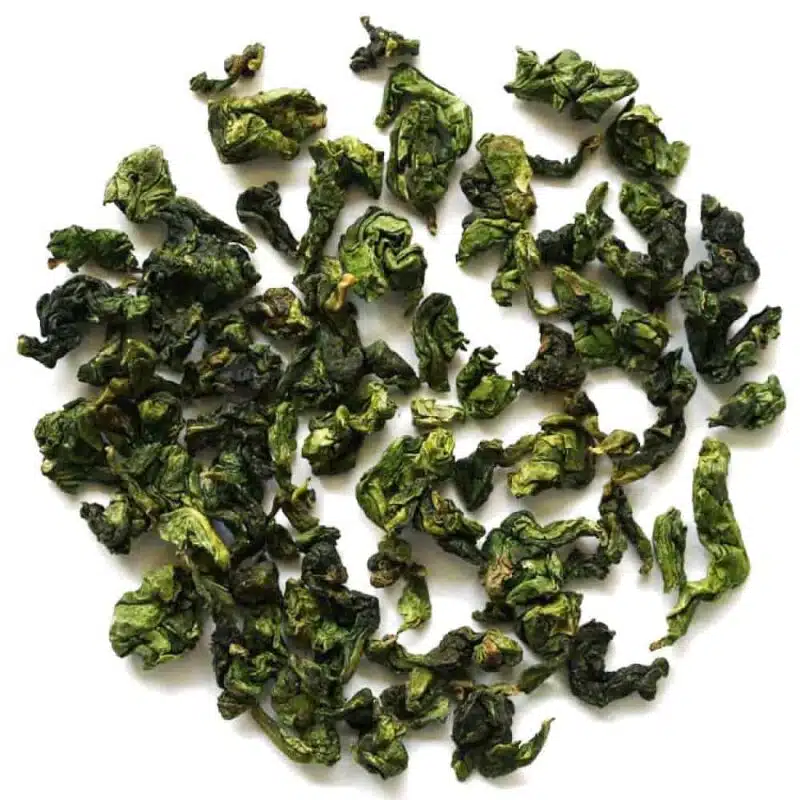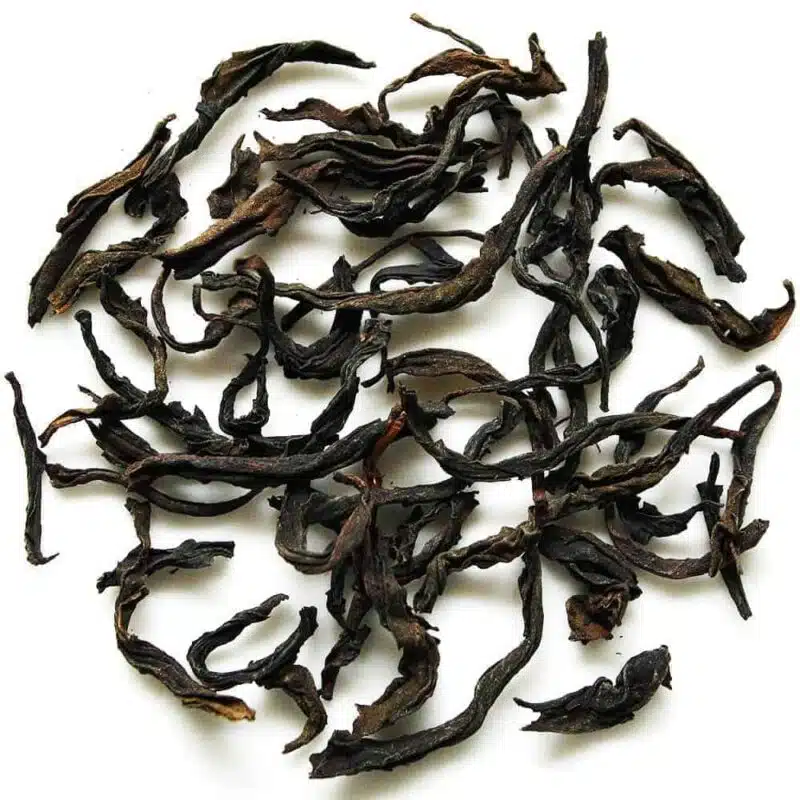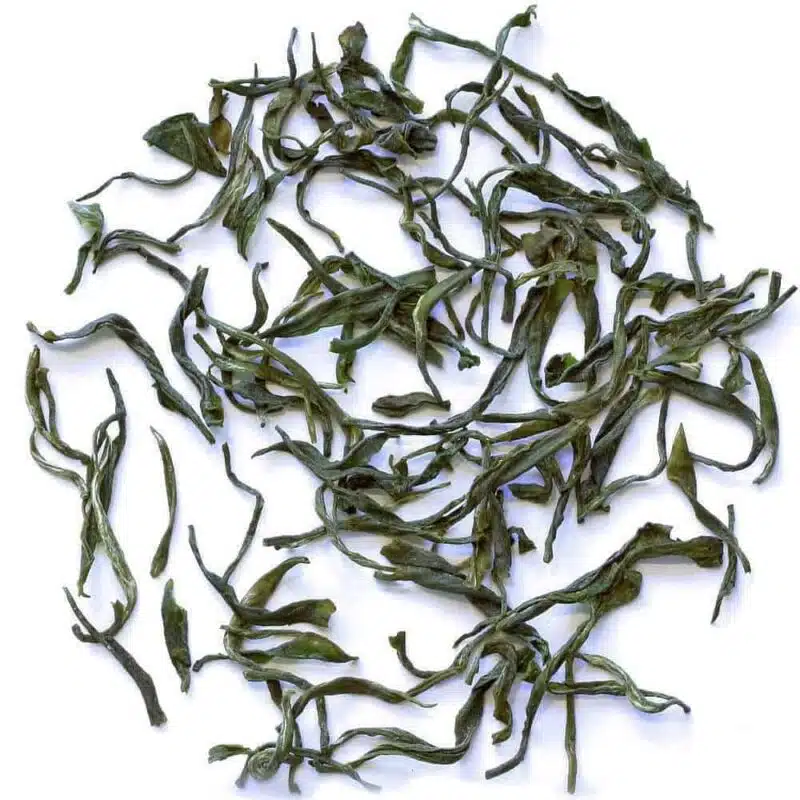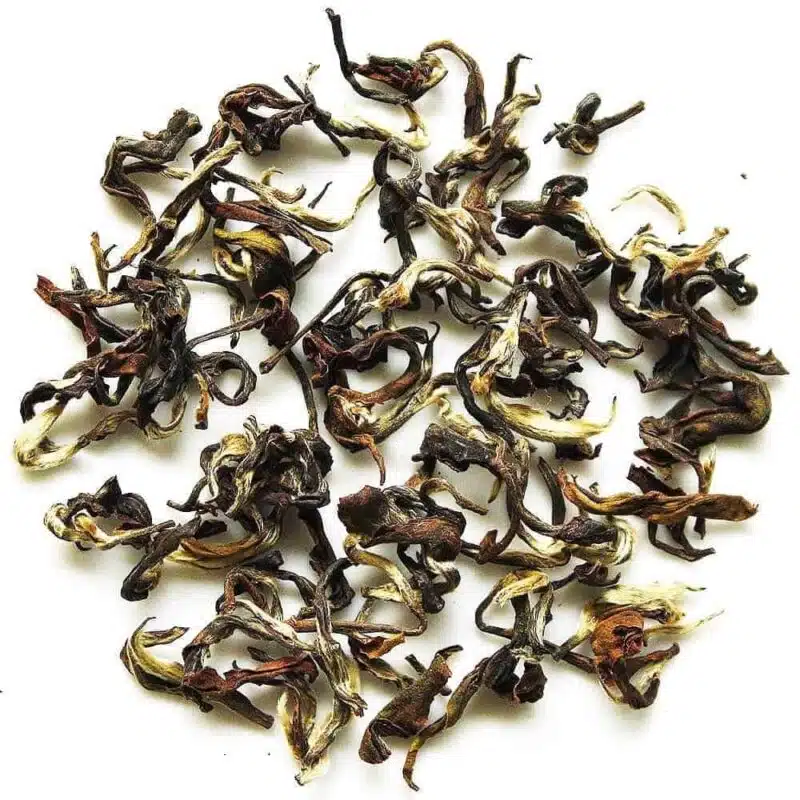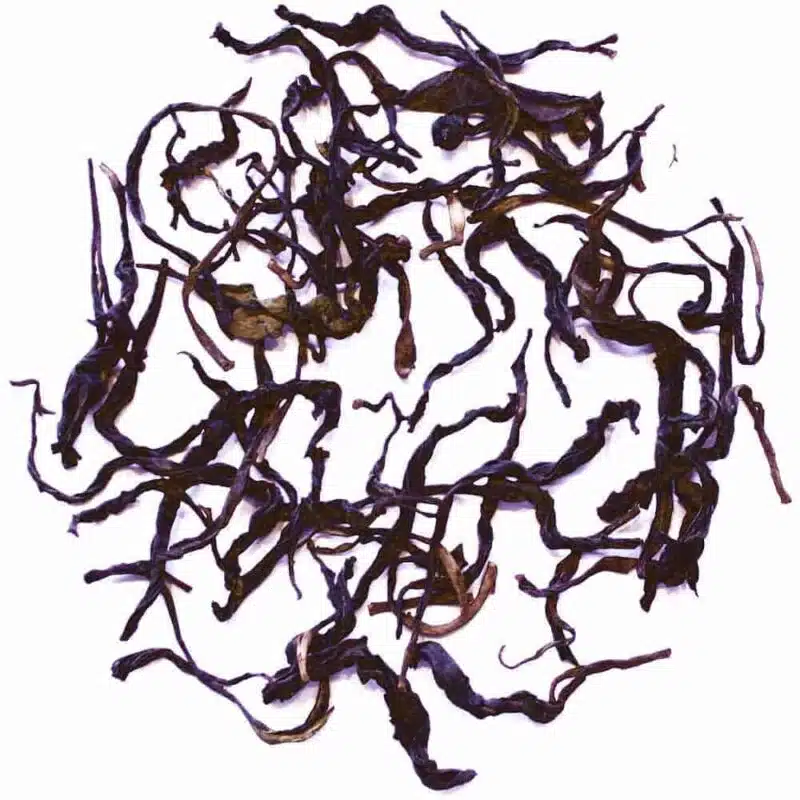
Balyocha
Starting at 12.38€
Balyocha is a semi-oxidised Korean tea with a unique production process. In Korea, which otherwise mainly produces green tea (nok-cha), interest in Balyocha has increased and the tea is now produced by both large commercial producers and small family farms. We source our Korean teas directly from a small family farm in Hwagae, Hadong, the oldest tea growing area and the area that still produces by far the best teas. Of the several Korean teas we tried, we found this family farm's teas to be in a class of their own. The Kim family makes their teas using traditional methods from their own stock of semi-wild tea bushes grown without pesticides or fertilisers. The tea leaves are picked and processed by hand, and this Balyocha is made from tea leaves picked in the second week of May, the harvest known in Korea as jungjak. In Korea, the harvest is divided into four main harvest periods: ujeon, seejak, jungjak and daejak (daejak refers to all harvests that take place after jungjak and thus includes simpler qualities).
Balyocha is approximately 60-70 % oxidised and is made by subjecting the tea leaves to the following steps: a long withering process outdoors in the shade, rolling (which is more extensive than that of green teas), a prolonged oxidation/drying process that can take 1-2 days. We have chosen to include Balyocha under oolong because the tea can almost be classified as an oolong in the sense that it is partially oxidised, but in practice it falls outside the scope of existing tea categories. In Korea, the term Hwang-cha (yellow tea) is sometimes used for teas made by this method. Balyocha, on the other hand, means oxidised tea and can also refer to other teas that have been oxidised. As balyocha oxidises/dries at a temperature of between 30-40 degrees, it favours a natural bacterial flora on the tea leaves that is healthy for humans. Overall, Balyocha is a tea with a unique character where the flavour is soft and full-bodied, with warm notes of chocolate, precious wood and honey. The tea farm practises sustainable agriculture and uses neither pesticides nor artificial fertilisers.
Origin: Hwagae, Hadong, South Korea. Harvest: 2023.
Preparation
90-95°C
3-4 minutes
2,5-3g
250ml
| Vikt | N/A |
|---|---|
| quantity | 25g, 50g, 100g, 200g |

